From Russia's initial invasion of Ukraine in February 2022, Belarus has remained a steadfast ally of Moscow, providing crucial support throughout the conflict. This alliance came into sharp focus recently when Belarusian President Alexander Lukashenko claimed to have brokered a peaceful resolution to the Wagner Group's mutiny, offering Yevgeny Prigozhin and his mercenaries safe harbor within Belarus. This intervention has raised questions among experts about Lukashenko's motivations and his relationship with Russian President Vladimir Putin.
While Belarus and Russia share a long history, including their shared Soviet past, Minsk hasn't always been subservient to Moscow. Belarus declared independence from the Soviet Union in August 1991 and joined Ukraine and Russia in signing the Belovezha Accords, solidifying the Soviet Union's dissolution – an event Putin has lamented. However, recent years have seen their ties strengthen significantly.
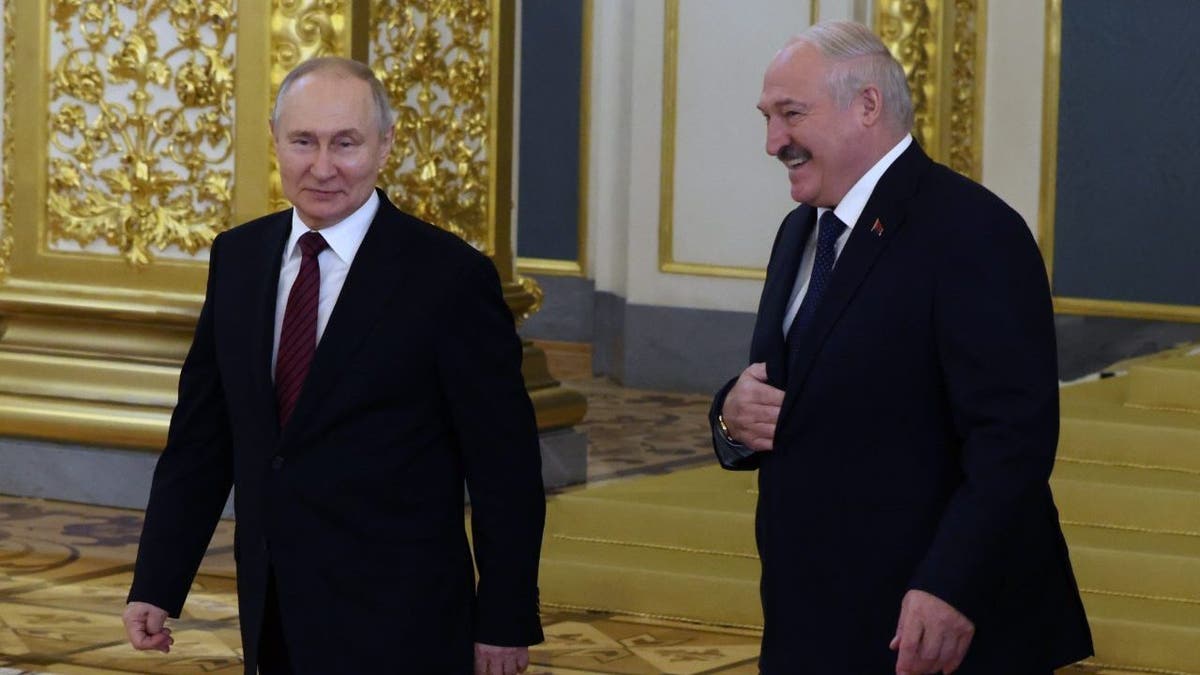
Some analysts, like Peter Rough of the Hudson Institute, describe Belarus as a "de facto vassal" of Russia, a situation that has evolved since the 1990s when Lukashenko and Boris Yeltsin, Putin's predecessor, initiated the Union State to enhance defense and economic cooperation.
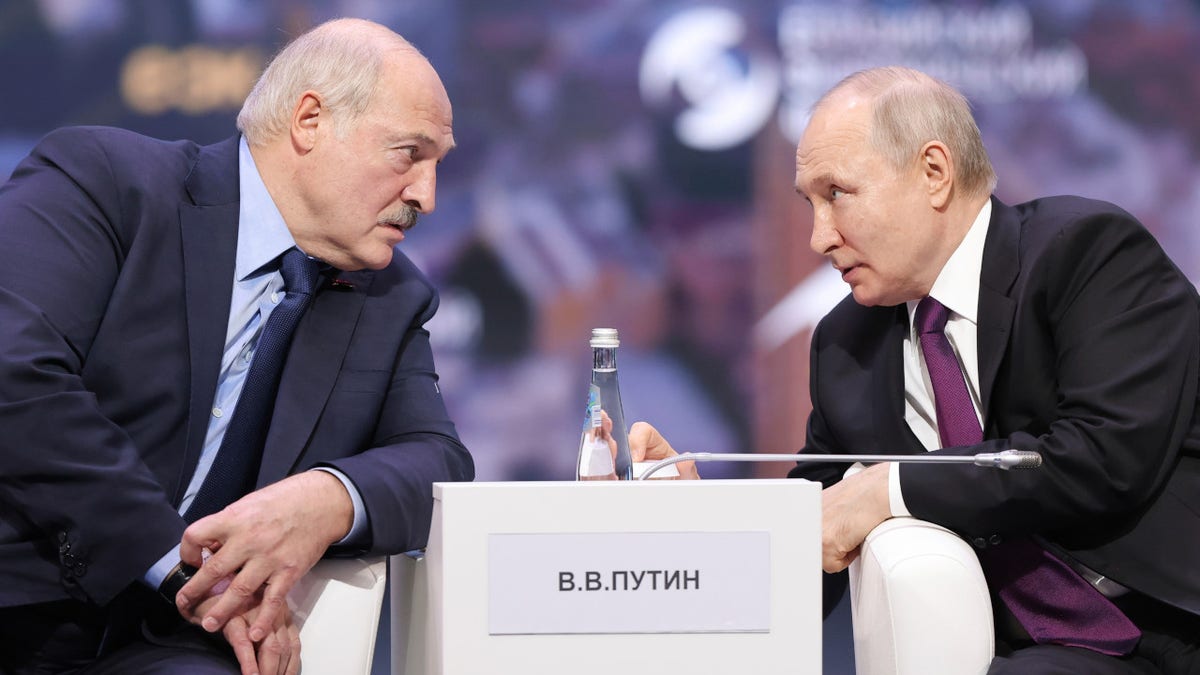
The relationship between the two nations underwent a transformation after Russia's 2014 incursion into Ukraine, sparking concerns in Minsk about Putin's ambitions regarding other former Soviet territories. Michael Ryan, former Deputy Assistant Secretary of Defense for Europe and NATO, suggests that Putin's aim is to rebuild a Russian Empire, leveraging his neighbors' vulnerabilities. He argues that Lukashenko's current position is due to Putin's support.
Following the disputed 2020 Belarusian presidential election, Lukashenko faced widespread protests and accusations of falsifying results. His subsequent crackdown on protesters and reliance on Russian assistance to quell the unrest further solidified his dependence on Putin. Rough notes that Putin's intervention was not solely about regional stability but also about securing Lukashenko's loyalty.
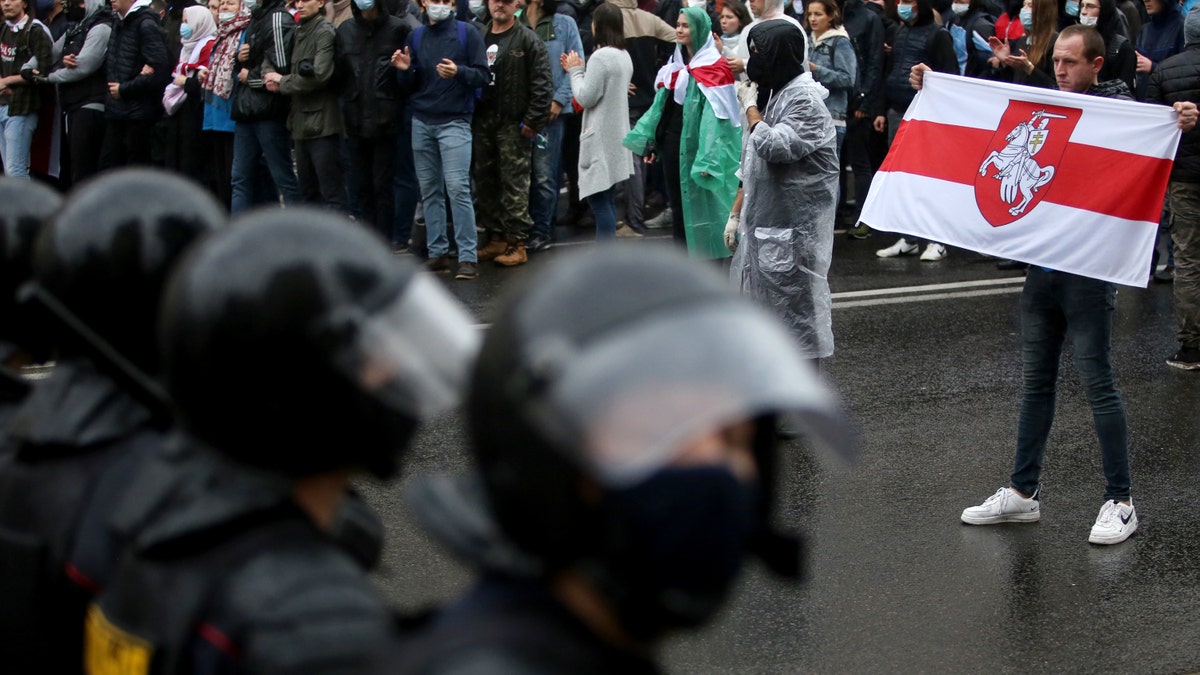
Belarus has since become a key staging ground for Russian military activities, including the deployment of troops and, more recently, tactical nuclear weapons—the first such deployment outside Russia since the Soviet era.
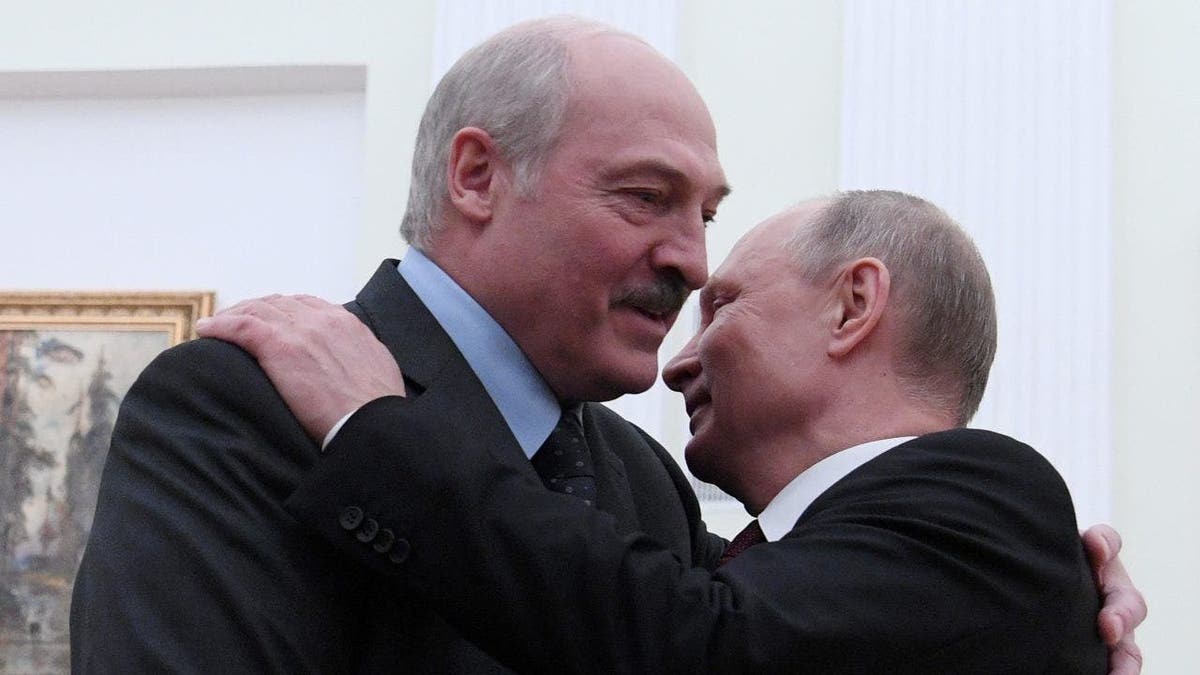
The recent Wagner Group mutiny further complicated the situation. Lukashenko's claimed role in de-escalating the situation has met with skepticism. Some experts, like Rebekah Koffler, a former Defense Intelligence Agency officer, believe the entire incident may have been orchestrated by Putin to strategically position Wagner forces in Belarus, potentially opening a second front against Ukraine.
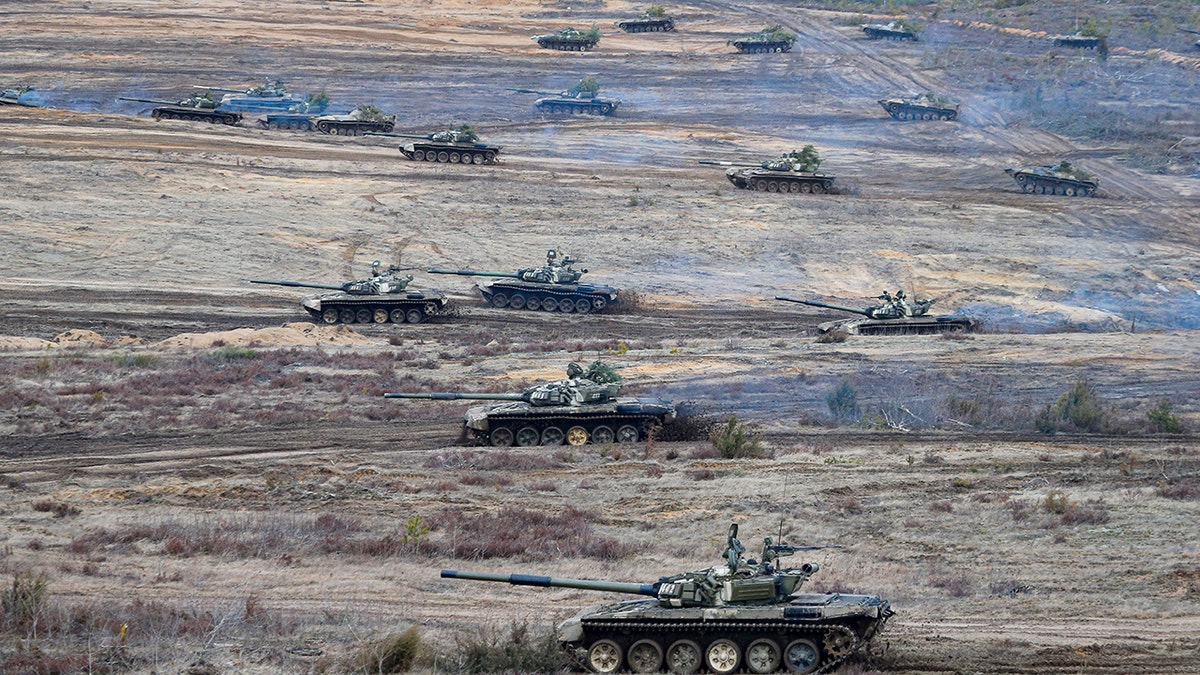
While experts agree on Lukashenko's dependence on Putin, opinions diverge on whether the mutiny exposed Putin's vulnerability or demonstrated his strategic acumen. The roles of Lukashenko and Prigozhin in this scenario also remain subjects of debate.
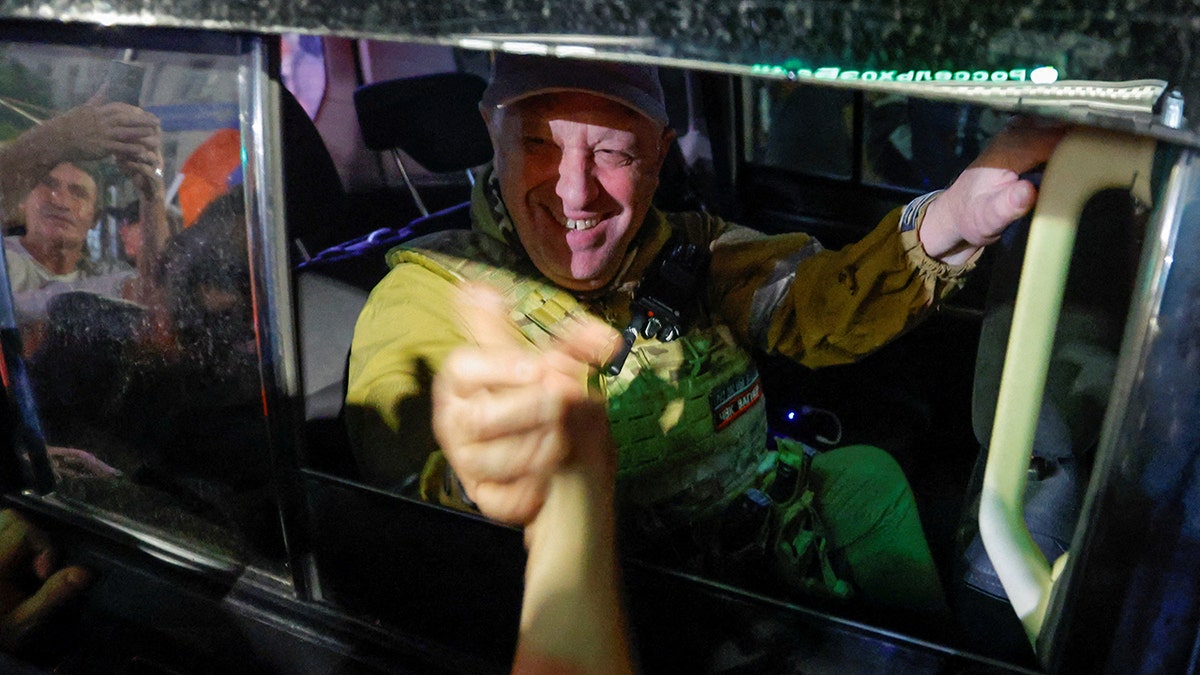
Rough downplays Lukashenko's significance in the Putin-Prigozhin conflict, suggesting that Prigozhin's main concern is demonstrating to Putin the risk of civil war. However, Rough also acknowledges that a decline in Putin's power could offer Lukashenko an opportunity to regain independence.
Comments(0)
Top Comments